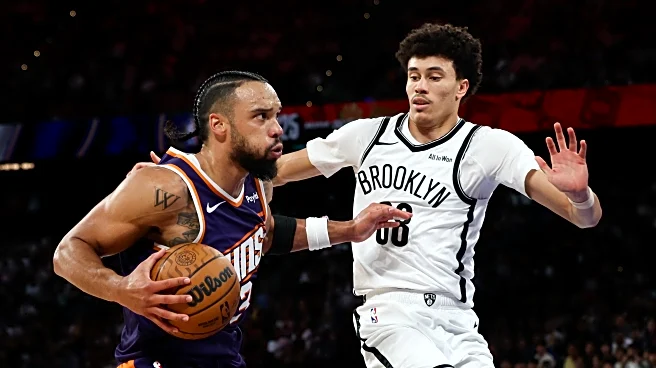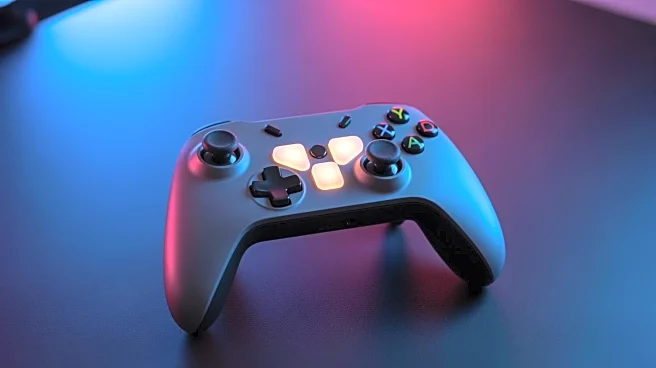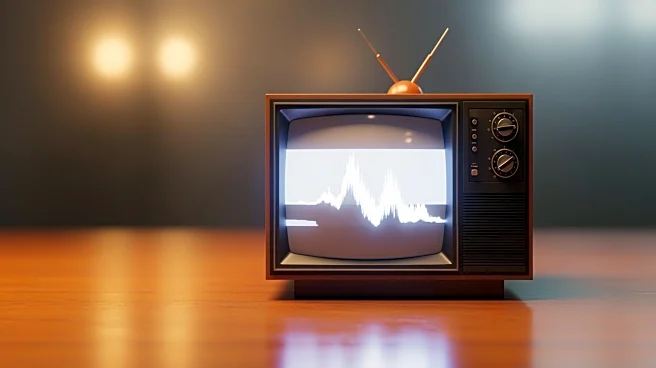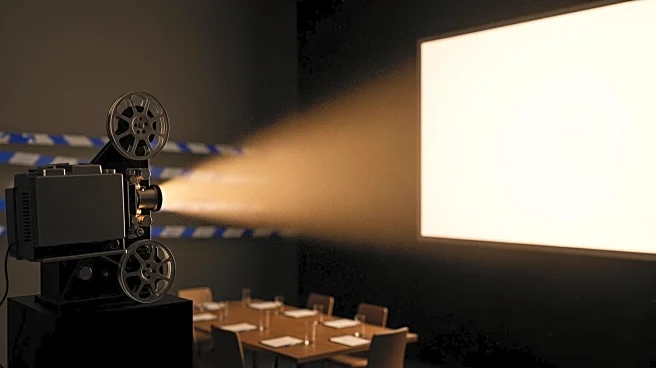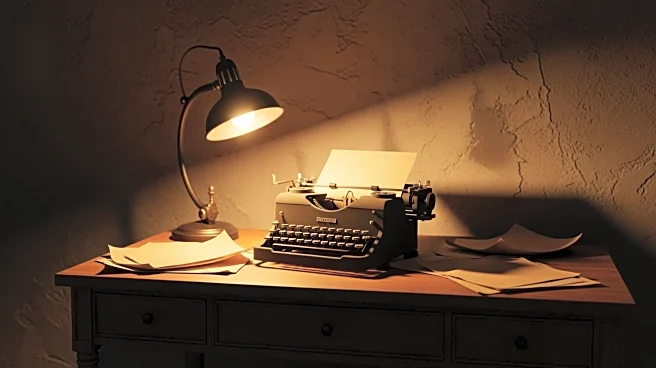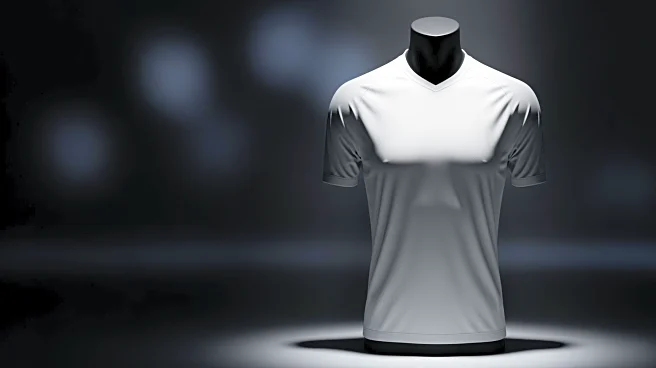The alarm went off earlier than I wanted it to. Outside, the rain fell softly over Phoenix, the kind of morning that begs you to stay buried beneath the covers, lingering in the warmth before the world
wakes up. But the Suns had other plans, and I’m the kind of sicko who answers that call.
So I rolled out of bed, crept into the living room so I wouldn’t wake my wife, and flipped on the TV to catch the Suns’ second preseason game. This one was played halfway around the world in Macao against the Brooklyn Nets.
I don’t know how much anyone is supposed to take away from a preseason game that tips off in a time zone seventeen hours ahead, but that’s what we do. We watch, we analyze, we convince ourselves the details matter.
So here it is. My three takeaways from a game the Suns won 132–127 in overtime, somewhere far east of reason and sleep.
The Nets shot, the Suns slept
You can make all the jet lag jokes you want about the Suns getting blitzed by the Brooklyn Nets to start the game. Maybe it’s the time difference? 14hours between Brooklyn and Macao versus 17 for Phoenix? but whatever it was, Phoenix looked half a world away in more ways than one.
It wasn’t any single thing that buried them early; it was a cocktail of miscues. The Suns couldn’t buy a bucket, while Brooklyn couldn’t miss. Within minutes, the scoreboard read 20–4, and it felt like one of those stretches where basketball physics bend against you.
Brooklyn earned it. They hit shots, yes, but they also worked for them. Cam Thomas cooked for 14 points in the first quarter.
Phoenix, on the other hand, scrambled on defense, late on rotations, chasing shadows. Missed shots turned into transition defense, and when you’re constantly backpedaling, chaos creeps in. The Suns stopped the first action a few times, but once the scramble began, the Nets made them pay for every hesitation.
The question became simple: how would they respond?
Champions adjust, contenders learn
I love writing that word. “Adjust”. Champions adjust. And while this Suns team isn’t one of champions yet, the road to becoming one starts there.
One of my biggest worries about this team heading into the season — and I know I’m not alone — is how they’ll respond when they get punched early. The ability to absorb a hit and find your footing says everything about a team’s resilience. The Suns found themselves down 18 points in this one, and to be honest, I didn’t think they had the firepower to climb out of that kind of hole. Not without Jalen Green or Mark Williams, both sitting this one out.
Without reliable perimeter threats beyond Grayson Allen and Royce O’Neale, the margin for error shrinks fast. And in the first half, Devin Booker wasn’t doing much to change that. Six points. All from the line. He went 0-for-3 from the field and missed both of his attempts from deep. The offense looked disjointed, unsure, slow to recognize itself.
Then came halftime.
Whatever was said in that locker room, it worked. Phoenix came out with a different energy, one that felt urgent. They pressed full-court, forced turnovers, and turned chaos into momentum. Brooklyn, the same team that shot 60% in the first half, suddenly couldn’t buy a basket. The Suns clawed their way back, possession by possession, and Devin Booker finally arrived.
You could feel it. The Macao crowd knew it too. They were there to see him, and when he caught fire, the building came alive. The Suns flipped the game with a 30–13 third quarter and took control, holding Brooklyn to 12% shooting in the third.
The fourth quarter/overtime was what you expect from a preseason game: young players fighting for a roster spot, developmental minutes scattered across the floor. But the damage was done in the third, and that stretch said something. It said this team can adjust. It said they’re learning what it takes to respond.
When disruption turns into self-destruction
One realization hit me as I watched this game: the Suns’ depth is going to be tested this season. That much feels inevitable.
When you play with aggression, the kind Phoenix showed right from the opening tip, you invite whistles. Active hands can create chaos, but they can also create problems. Every swipe and reach carries a cost. For every deflection or steal, there’s the risk of a foul, and when those start piling up, the whole rhythm shifts.
The Suns committed 39 fouls in this game. Brooklyn had 29. That’s a canyon, not a margin. And it’s not sustainable. You can’t keep sending teams to the line and expect to win. You can’t expect your best defenders to stay effective when they’re glued to the bench.
There’s a fine line between disruption and self-destruction. The Suns walked that line all morning (or, well, night for them). Sometimes it worked. Sometimes it didn’t. But it’s clear: if they want to play with this kind of edge, their discipline will have to evolve alongside it.
Today’s game was a reminder of what to expect this season, in every sense.
The Suns are going to get blitzed at times. With so much youth in the rotation, defensive rotations will lag, and in the NBA, that single beat of hesitation is all it takes for an opponent to capitalize. This team will also play with aggression, maybe too much of it, walking that double-edged line between disruption and foul trouble all year long.
No, it wasn’t all roses and rainbows in China this morning. I’ll admit, somewhere midway through the first quarter, I questioned whether waking up this early was worth it. But I know myself too well. I can’t not watch the Suns. I can’t not be part of the experience, even from a couch thousands of miles away, in the dark hours before dawn.
So I’ll be right back at it on Sunday morning, up at 4 a.m., coffee in hand, ready to see what this team becomes. Because that’s what this season will be: a reminder of where they are, how far they have to go, and why we keep watching anyway.
